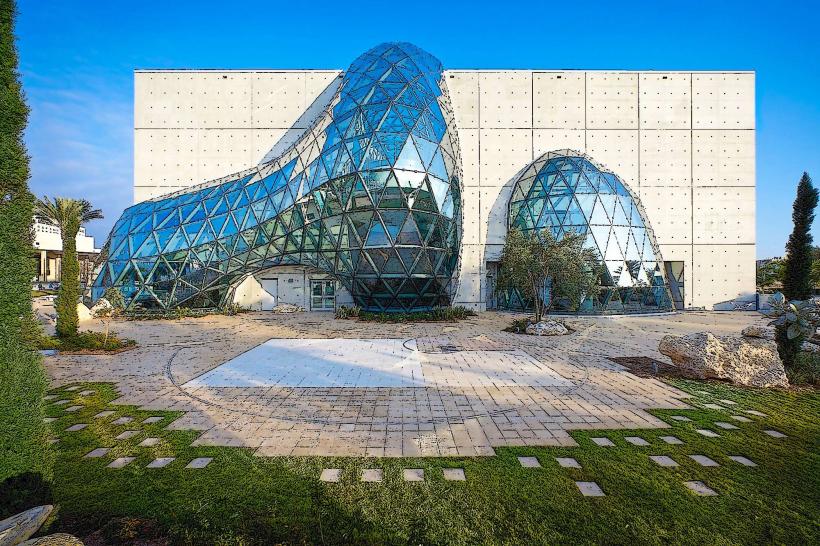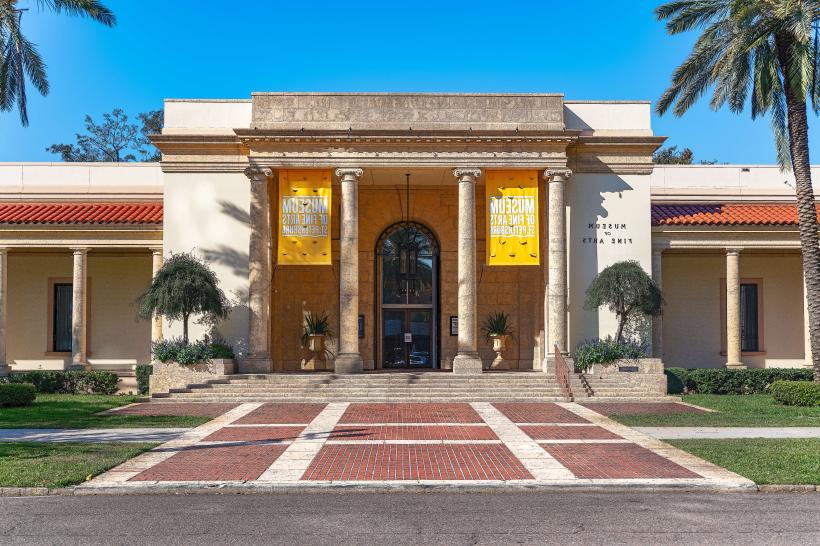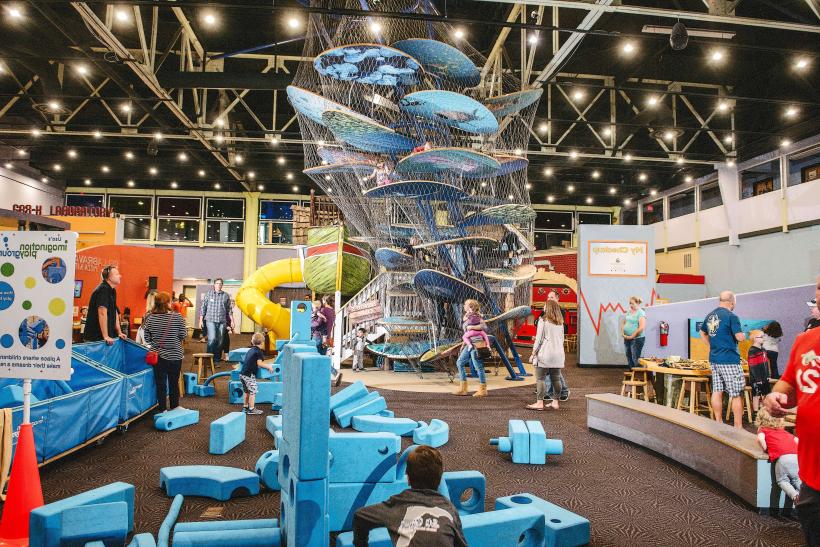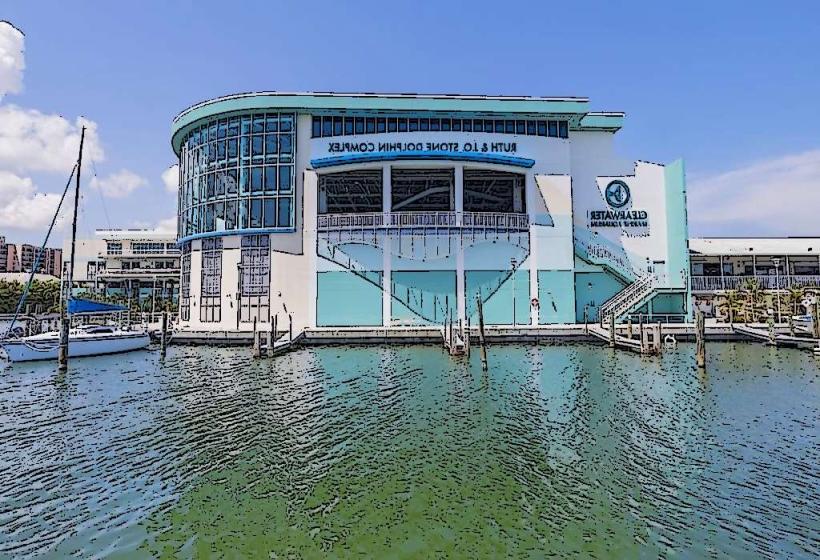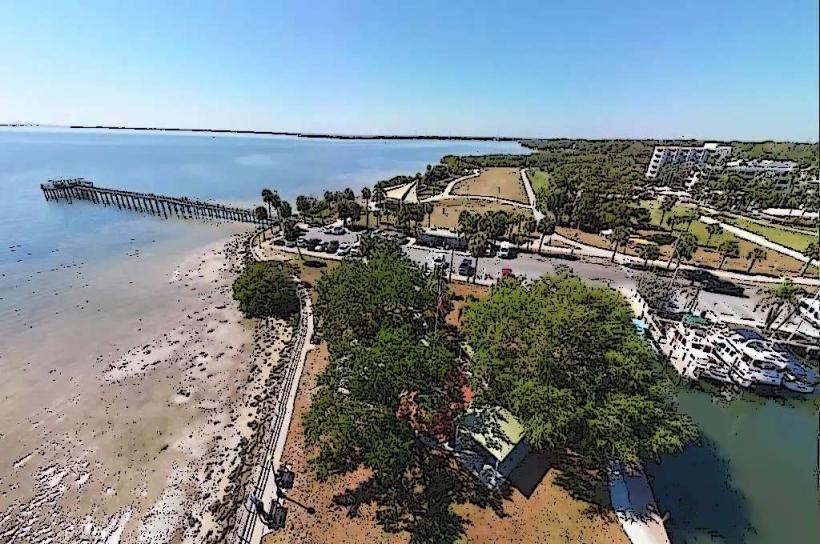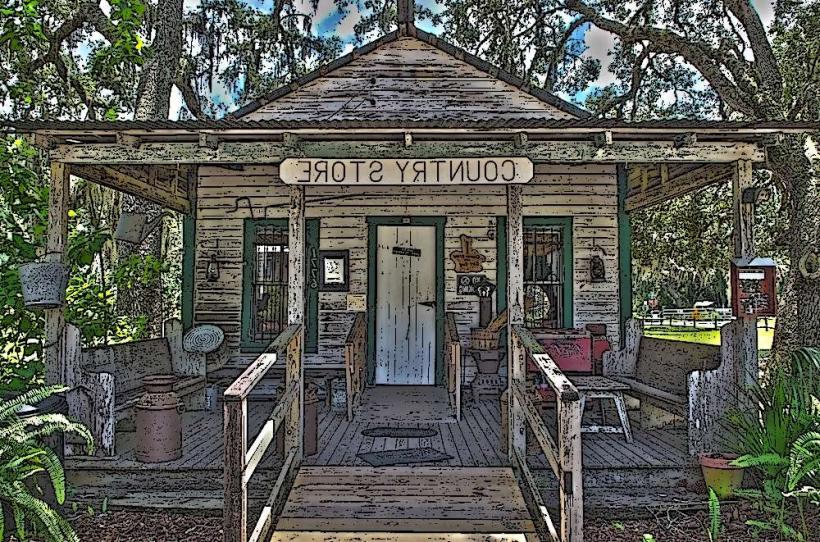Information
Landmark: Florida Holocaust MuseumCity: St Petersburg
Country: USA Florida
Continent: North America
Florida Holocaust Museum, St Petersburg, USA Florida, North America
The Florida Holocaust Museum (FHM), located in St. Petersburg, Florida, stands as one of the largest Holocaust museums in the United States. It is dedicated to preserving the memory of the millions of innocent men, women, and children who perished during the Holocaust, as well as educating future generations about the atrocities of that period in history. Here's a comprehensive breakdown of what the museum offers:
History and Purpose
Established: 1992, with the official opening in 1998.
Mission: The museum’s mission is to honor the memory of Holocaust victims and to promote the importance of standing against hatred, prejudice, and indifference. It strives to educate the public about the Holocaust through exhibits, survivor testimony, and various educational programs. It serves as a reminder of the dangers of intolerance and the need to promote tolerance, empathy, and human rights.
Current Closure and Renovations
As of July 22, 2024, the Florida Holocaust Museum is temporarily closed for renovations. This includes several updates to the museum’s facilities and exhibits, which are expected to be completed by mid-2025. Some key aspects of the renovation include:
The introduction of the Danish rescue boat Thor, which helped evacuate Denmark’s Jewish population to Sweden during World War II. This boat will become part of the museum’s permanent exhibits.
The museum is also enhancing its entrance to improve the overall visitor experience, making it more accessible and interactive.
During this renovation period, the museum offers virtual tours and online resources for educational purposes.
Location and Hours
Address: 55 Fifth Street South, St. Petersburg, FL 33701
Phone: (727) 820-0100
Website: thefhm.org
Opening Hours: The museum is temporarily closed, with an expected reopening in mid-2025. Until then, virtual exhibitions are available online.
Exhibits and Collections
The Florida Holocaust Museum features permanent and rotating exhibits that provide a deep, immersive understanding of the Holocaust. Some key exhibits include:
History, Heritage, and Hope:
This permanent collection offers a self-guided tour through the history of the Holocaust, using multimedia presentations and photographs to tell the story of those who perished and those who survived.
A major feature of this exhibit is the boxcar from Gdynia, Poland (#113 069-5), which transported victims to concentration camps during the Holocaust. The boxcar is placed on original track from the Treblinka Killing Center, creating a chilling, tangible connection to the past.
Dimensions in Testimony:
This exhibit features advanced technology provided by the USC Shoah Foundation. It uses ultra-high-definition film and natural language processing technology to create an interactive experience where visitors can engage in conversations with Holocaust survivors. These survivors share their personal stories, offering a first-hand account of their experiences.
Other Special Exhibits:
The museum hosts rotating exhibits that focus on various aspects of the Holocaust and its aftermath, such as personal testimonies, historical artifacts, and exhibits related to resistance movements, the stories of survivors, and the legacy of the Holocaust.
Educational Programs
The museum is committed to providing educational programs that help visitors of all ages learn about the Holocaust and its relevance in today’s world. Some of the key educational offerings include:
Docent-led Tours:
The museum offers in-person and virtual docent-led tours, which are available for both adults and school groups. These tours provide a deeper understanding of the exhibits, with the opportunity for visitors to ask questions and engage in discussions about the Holocaust and its lessons.
Virtual Exhibitions:
During the renovation period, the museum offers virtual exhibitions that can be accessed from home or in educational settings. These online resources include virtual tours, survivor testimonies, and educational tools for schools.
Workshops and Classroom Resources:
The museum provides resources for educators to incorporate Holocaust education into their curriculum. This includes workshops, study guides, and lesson plans that help teachers bring the history of the Holocaust into the classroom.
Public Programs and Events:
Throughout the year, the museum hosts a variety of public programs and events, including lectures, survivor talks, and cultural events. These programs are designed to engage the community in discussions about history, tolerance, and human rights.
Accreditation
The Florida Holocaust Museum is one of only three Holocaust museums accredited by the American Alliance of Museums (AAM). This accreditation signifies that the museum adheres to high standards in terms of its collection, preservation, education, and outreach efforts.
Additional Information
Educational Outreach: The museum is dedicated to fostering a deeper understanding of the Holocaust's impact on the world. It reaches out to schools and universities, offering educational materials, survivor talks, and workshops to promote tolerance and understanding.
The Florida Holocaust Museum's mission extends beyond the confines of its physical location. Through its online resources, the museum educates a global audience about the dangers of hatred, prejudice, and intolerance, and works to ensure that future generations never forget the horrors of the Holocaust.
Visitor Information
While the museum is temporarily closed, visitors interested in learning more about its programs, events, and reopening can visit the official website. Updates regarding the renovation and reopening will be posted, and visitors can stay connected with the museum’s educational resources.
The Florida Holocaust Museum continues to play a vital role in educating the public about one of history’s most tragic events. By preserving the memory of the Holocaust and providing a platform for survivor testimonies, it serves as a powerful tool for learning and remembrance, helping ensure that such atrocities are never repeated.


